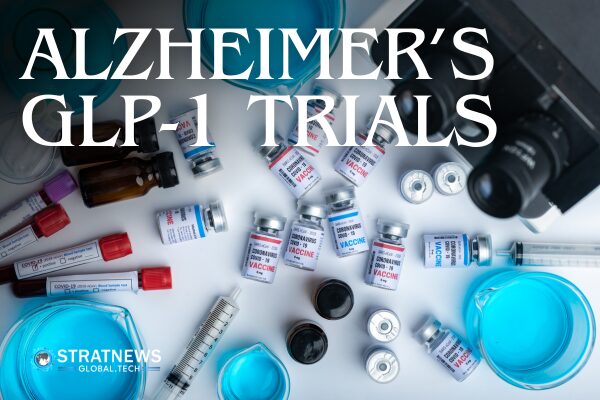Novo Nordisk Alzheimer’s Trials Disappoint but Spark Calls for Preventive Research
Novo Nordisk’s highly anticipated Alzheimer’s trials have failed to show benefits in slowing cognitive decline, yet scientists say the results should not end exploration of GLP-1 drugs as a possible preventive treatment for the disease.
Limited Success in Alzheimer’s Trials
The Danish pharmaceutical giant tested Rybelsus, an oral version of semaglutide — the same active ingredient used in its blockbuster drugs Ozempic and Wegovy — in two studies involving people with early-stage Alzheimer’s disease. The trials did not meet their primary goal of delaying cognitive decline. However, Novo said Rybelsus did show some improvement in certain Alzheimer’s-related biological processes, though details were not disclosed.
Professor Tara Spires-Jones, director of the Centre for Discovery Brain Sciences at the University of Edinburgh, said the results leave a “tiny window of hope” that GLP-1 drugs could be effective if used earlier, before symptoms appear. She noted that obesity and diabetes, both treated effectively with GLP-1 drugs, are known risk factors for Alzheimer’s.
Researchers Urge Further Study
Novo Nordisk plans to present detailed findings at an Alzheimer’s conference in San Diego on 3 December. Dr Eric Reiman, chief executive of the Banner Alzheimer’s Institutes in Arizona, said he remains interested in the trials’ biomarker data and what they may reveal about benefits for people at risk but not yet showing symptoms.
Dr Zaldy Tan of Cedars-Sinai in Los Angeles said Novo’s decision to cancel a one-year follow-up trial suggested disappointing results, but he is still awaiting more data on protein-level changes linked to Alzheimer’s progression.
Early Data Suggest Preventive Potential
The trials enrolled patients with confirmed Alzheimer’s marked by beta amyloid deposits in the brain — the same target as existing Alzheimer’s treatments. However, population studies have hinted at potential dementia-prevention benefits from GLP-1 drugs among people with diabetes.
An April study in JAMA Neurology involving nearly 400,000 people aged 50 and older with diabetes found that those using GLP-1 drugs had a 33% lower risk of developing dementia. Dr Steven DeKosky from the University of Florida, who co-authored the study, said that large-scale data show people taking GLP-1s appear less likely to develop Alzheimer’s compared with those on other diabetes medications.
Dr Mary Sano of Mount Sinai, an investigator in Novo’s trials, cautioned that focusing on confirmed Alzheimer’s patients may have excluded participants with diabetes or vascular dementia, who might have benefited more.
Ivan Koychev, clinical associate professor at Imperial College London, added that preventing decline in patients with advanced Alzheimer’s may not be enough to show real-world benefits. “These results reinforce the need to test such treatments years before symptoms appear, when the brain’s systems are more intact,” he said.
with inputs from Reuters


